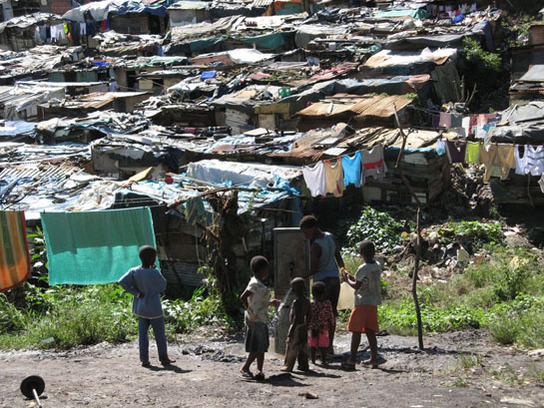GENEVA – The UN Special Rapporteur on the right to adequate housing, Raquel Rolnik, said Wednesday that a decline in the rights afforded to communities founded by former slaves to control and benefit from their traditional lands may infringe Brazil’s international human rights obligations.
The Supreme Court of Brazil will soon release a judgment on the constitutionality of a decree that regulates the granting of land titles to Quilombo communities. “This decree is part of a number of measures aiming to compensate for the historical debt of the Nation to communities affected by centuries of domination and violation of rights,” Ms. Rolnik said.
The constitutionality of Decree No. 4887/2003 of 2003 was challenged in the Supreme Federal Tribunal of Brazil by the Democratic Party (DEM), with the support of the National Confederation of Industry, the National Confederation of Livestock Producers and the Brazilian Rural Society.
“If the decree were to be declared unconstitutional, this would undermine the right of the Quilombo communities to have access to land and natural resources” Ms. Rolnik stressed. “This may contravene Brazil’s international obligations, particularly under the International Covenant on Economic, Social and Cultural Rights.”
Although recognized in domestic legislation, the property rights of the Quilombo communities have been secured slowly, leaving them extremely vulnerable to forced evictions and threats by land owners, mining companies and development seeking to take possession of their lands and natural resources.
“The relationship with land and natural resources is at the center of the lives of Quilombo communities,” the UN independent expert said. “The spiritual and material foundations of their cultural identities are sustained through their unique relationship to the lands they traditionally occupy. Thus land is more than a mere source of subsistence; it is the basis of the continuation of their life and cultural identity.” Nowadays, there are 1.408 quilombo communities officially registered in Brazil
The decree regulates the procedure for granting titles to lands occupied by the Quilombolas, in accordance with international human rights treaties ratified by Brazil, such as the International Covenant on Economic Social and Cultural Rights and ILO Convention 169 on Indigenous and Tribal Peoples.
ENDS
Raquel Rolnik (Brazil) was appointed as Special Rapporteur on adequate housing as a component of the right to an adequate standard of living, and on the right to non-discrimination in this context by the United Nations Human Rights Council, in May 2008. As Special Rapporteur, she is independent from any government or organization and serves in her individual capacity. An architect and urban planner, Rolnik has extensive experience in the area of housing and urban policies.


Leave a Reply